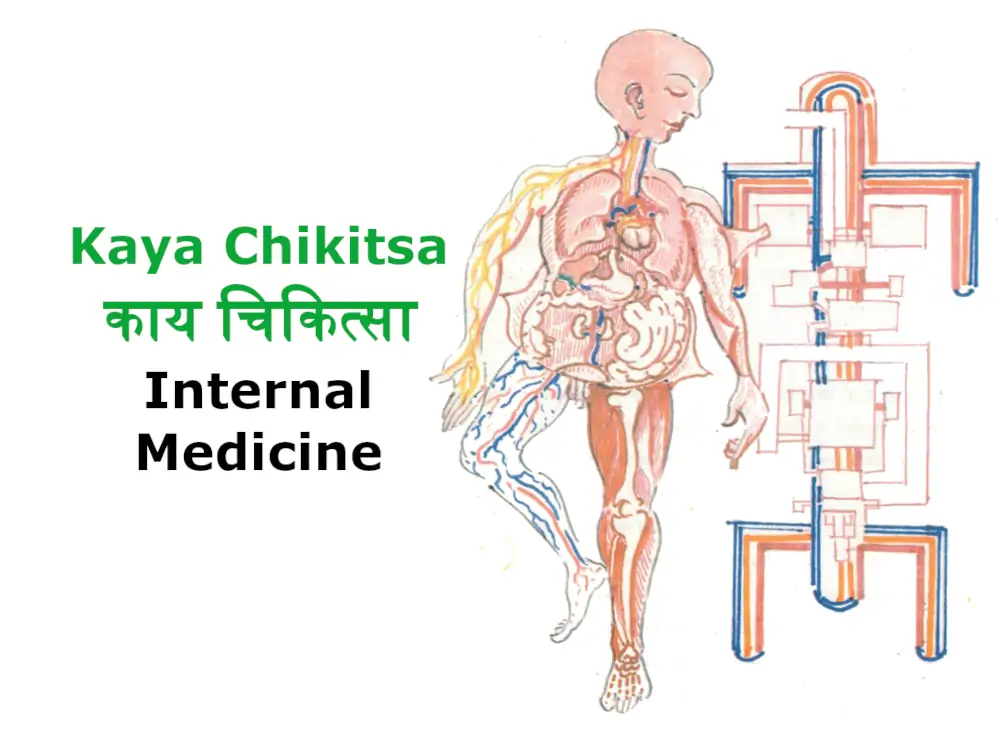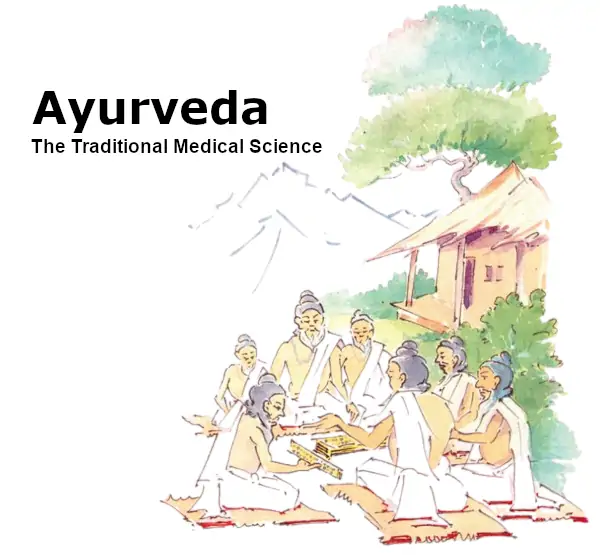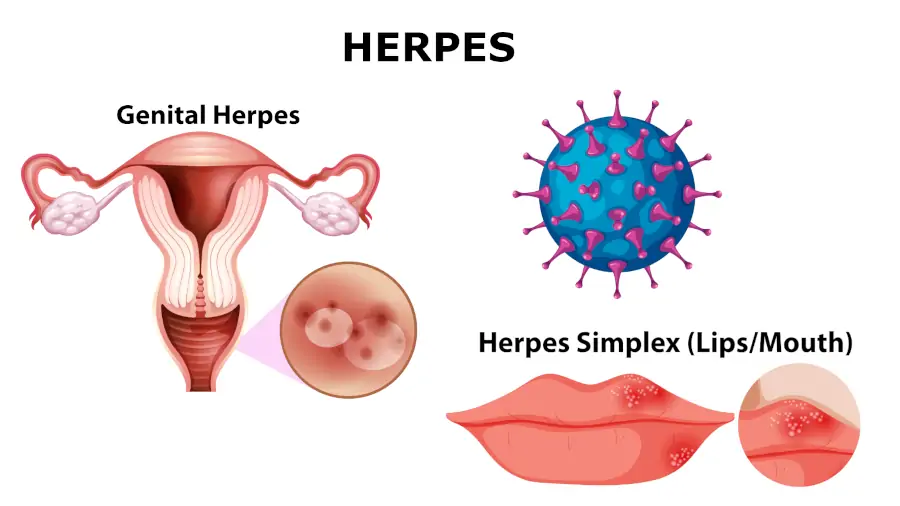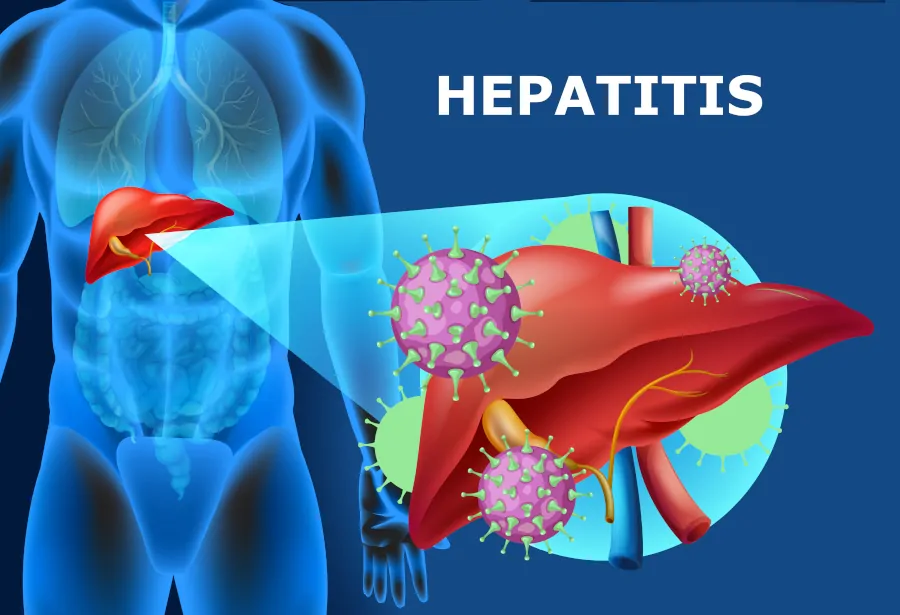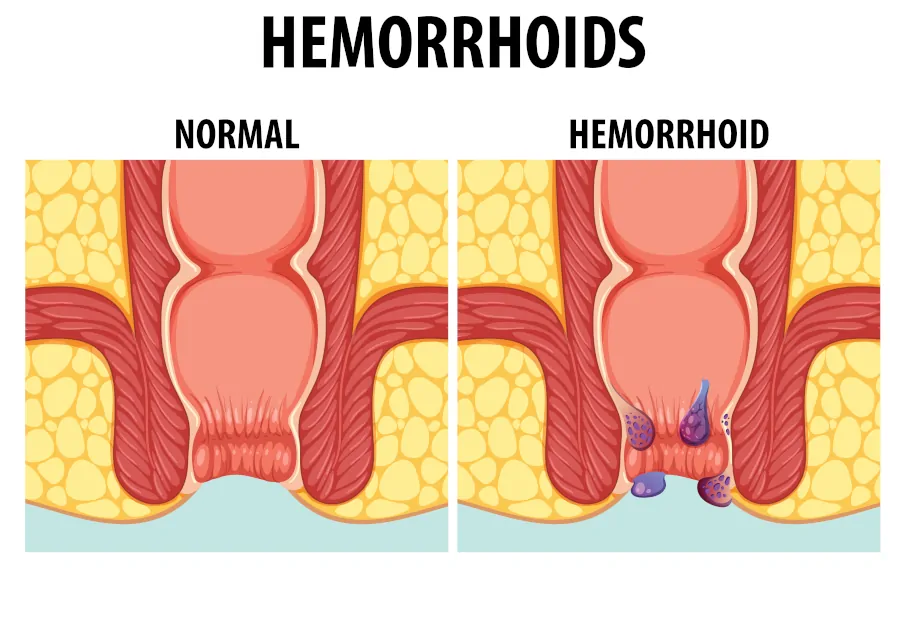Sex in Ayurveda: Ancient Insights on Intimacy
Power of Sex: A Natural Desire’s Role in Life Sex is an innate desire present in all living beings. This profound inclination influences social environments, businesses, and occasionally even politics, often becoming a significant issue. It is an unavoidable natural desire, manifesting between males and females, as well as in same-sex attractions, both positively and … Read more



